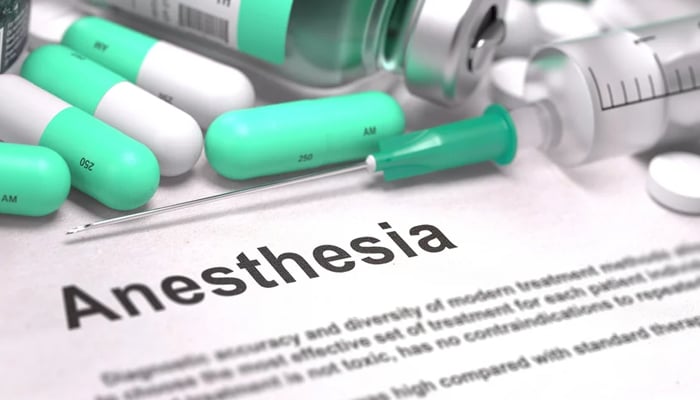
As the global population ages, an increasing number of elderly patients undergo surgeries, many of whom need anaesthesia.
While the cutting-edge anaesthesia technologies have become safer over the decades, the elderly population experiences great challenges and risks posed by anaesthesia drugs.
It is essential to understand the risks of anaesthesia for both patients and caretakers and ensure safer results.
Effects of aging in anaesthesia
Increasing age, especially over 70 years, is a recognised risk factor for both morbidity and mortality after anaesthesia and surgery.
Aging effects almost every organ system, which can alter the effect of anaesthesia drugs in the body.
Anesthesia risks in the elderly persons
Cardiovascular issues:
Elder individuals may have preexisting cardiac disorders, making them vulnerable to severe complications such as arrhythmias, myocardial infarction, and more during surgery.
Respiratory complications
While highlighting the risks of respiratory issues posed by anaesthesia in elderly patients. Anaesthesia technologist Mustafa Imran stated:
“If the anaesthesia machine malfunctions or due to inadequate oxygen supply from the gas cylinder, elderly patients are likely to experience hypoxia, leading to decreased lung elasticity, lower functional residual capacity, and higher prevalence of comorbidities.”
Delayed recovery
The older patients may face slower recovery duration, complicating rehabilitation.
Precautions to reduce risks
To reduce these risks, proper preoperative assessment is important. It includes assessing the patient’s overall health, reviewing medications, and more.








